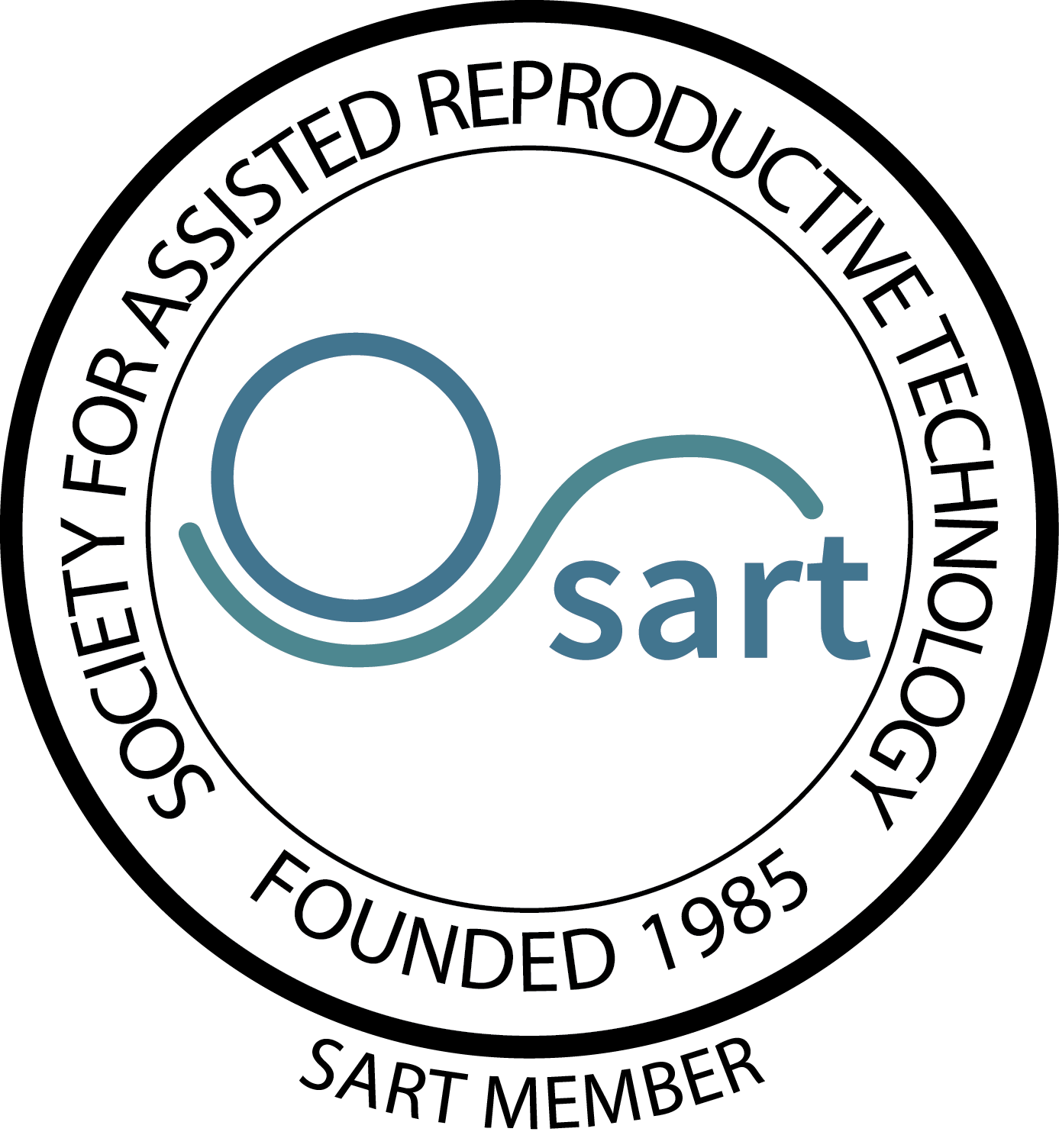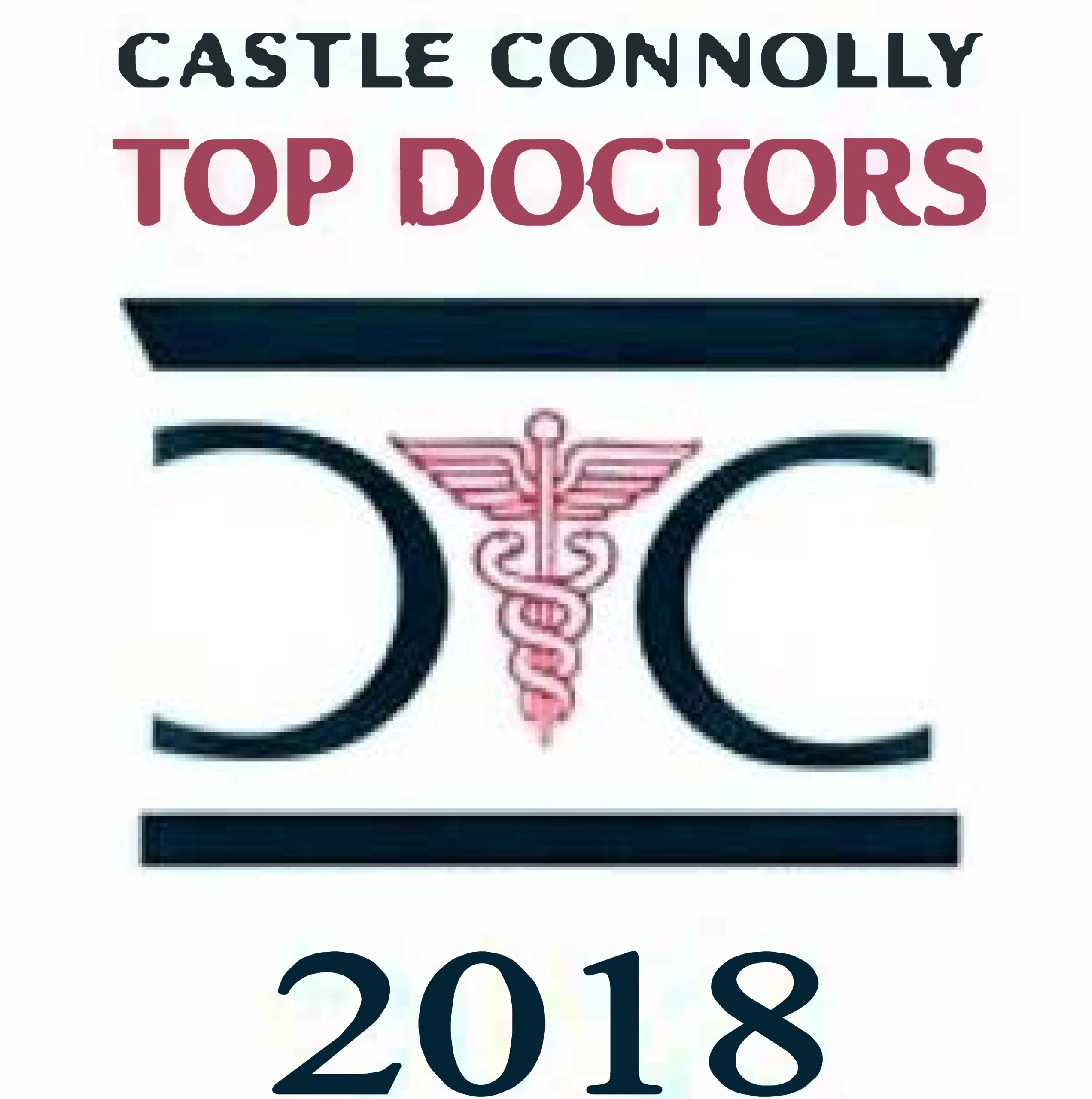Dr. William Kutteh, known throughout the world for his work on recurrent miscarriage, joined a global conversation about the best approaches to optimizing pregnancy in couples with a history of miscarriage. Fertility specialists from the U.S. and abroad attended the American Society for Reproductive Medicine annual meeting in Baltimore this month.
This marked more than 30 years that Dr. Kutteh has participated in ASRM, and he was asked to help lead a debate on the implications of preimplantation genetic screening, PGS, on recurrent pregnancy loss. The three panelists were asked to moderate responses to this question:
Is in vitro fertilization/preimplantation genetic screening useful for recurrent pregnancy loss?
 “Yes,” said Dr. Kutteh. “Dr. Paul Brezina and I wrote an opinion paper three years ago and we said that PGS was the way to go. During our ASRM session, we polled the audience with an interactive device and the overwhelming response, 84% of fertility specialists and embryologists in the room, agreed that we should employ PGS with IVF.”
“Yes,” said Dr. Kutteh. “Dr. Paul Brezina and I wrote an opinion paper three years ago and we said that PGS was the way to go. During our ASRM session, we polled the audience with an interactive device and the overwhelming response, 84% of fertility specialists and embryologists in the room, agreed that we should employ PGS with IVF.”
Changes called for in recurrent pregnancy loss protocols
PGS is an embryo biopsy that identifies chromosomal abnormalities prior to transfer during IVF. In the past, the IVF lab test took place on Day 3 after fertilization, but most programs now recommend Day 5 trophectoderm biopsy. As of the ASRM meeting date, Day 5 PGS is not considered the standard treatment protocol.
“Now we know that biopsy on Day 3 was harmful,” says Dr. Kutteh. “The data that ASRM used in making the current recommendation is based on a faulty technique. Fertility Associates of Memphis, and most other leading IVF labs, have abandoned Day 3 biopsy and only perform a Day 5 or early Day 6 PGS biopsy. We then freeze the embryos and plan to have a detailed discussion with the patient when results become available.”
When the PGS results reveal that the genetic makeup in the mother or the father is “mixed up” with translocations or aneuploidy, the chances for having a baby with chromosomal abnormalities is very high. PGS is often recommended for patients who have previous failed IVF cycles, a family history for chromosomal disorders or a female partner of advanced maternal age.
All of the REs in our Memphis fertility clinic are committed to advancing the field of reproductive medicine for the benefit of our patients and a global infertility community. Contact us at Fertility Associates of Memphis to schedule a consultation.









Comments are closed.